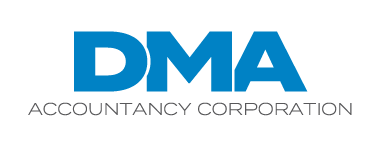Newsletters
Prior Newsletters
A brief refresher on nonemployee compensation
Businesses and other types of organizations now commonly rely on independent contractors to stay...
If you’re married, should you file jointly or separately?
Married couples have a choice when filing their 2025 federal income tax returns. They can file...
Before claiming a charitable deduction for 2025, make sure you can substantiate it
If you itemize deductions on your 2025 individual income tax return, you potentially can deduct...
5 questions contractors should ask about their accounting systems
As construction companies grow, their accounting systems need to evolve right along with them....
When medical expenses are — and aren’t — tax deductible
If you had significant medical expenses last year, you may be wondering what you can deduct on...
IRS guidance addresses expanded HSA eligibility
Sponsoring a high-deductible health plan (HDHP) along with Health Savings Accounts (HSAs) has...
Dedicated, Mindful and Accountable.

DMA Accountancy Corporation
1400 N. Harbor Blvd., Ste #605
Fullerton, CA 92835







